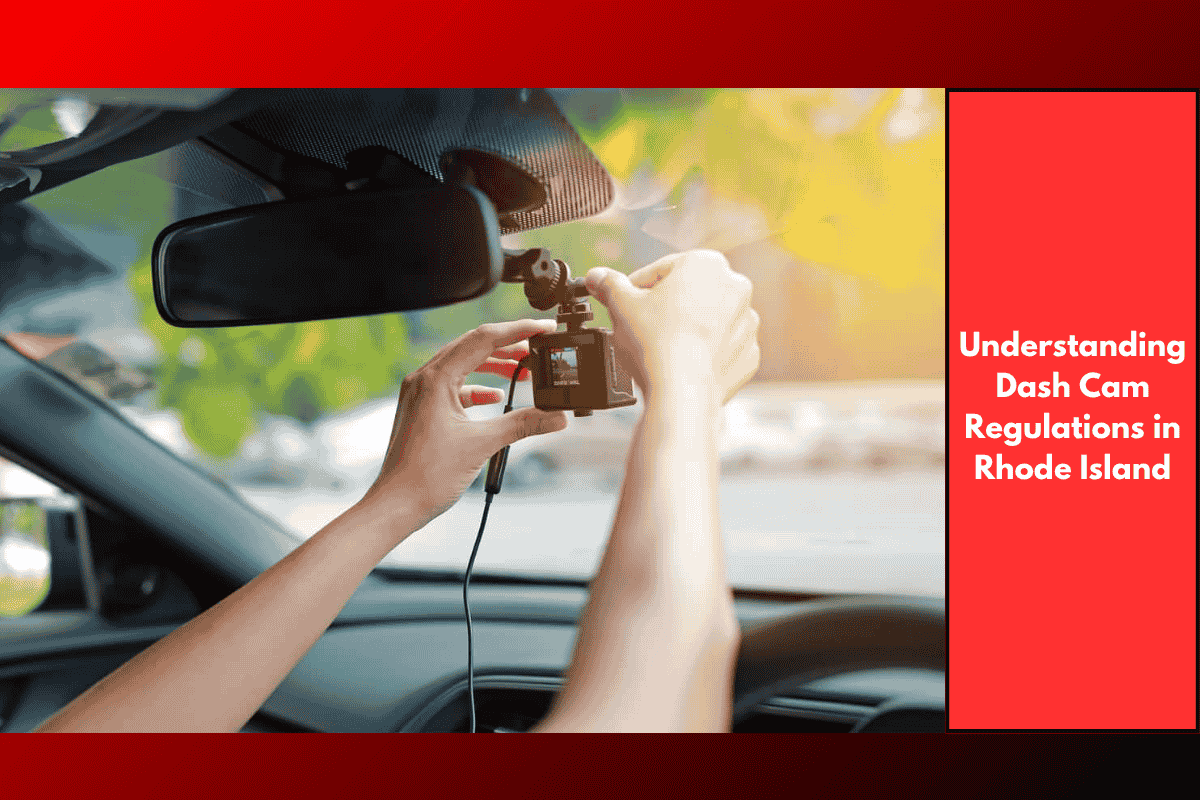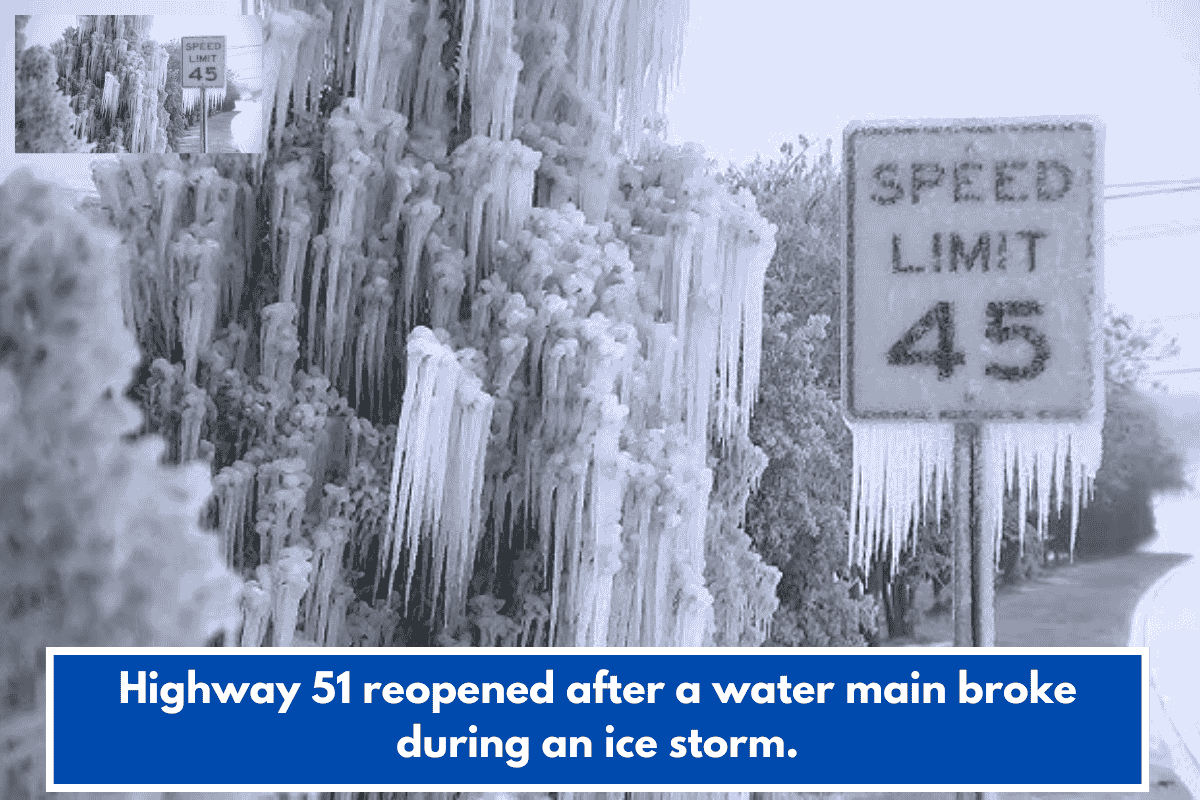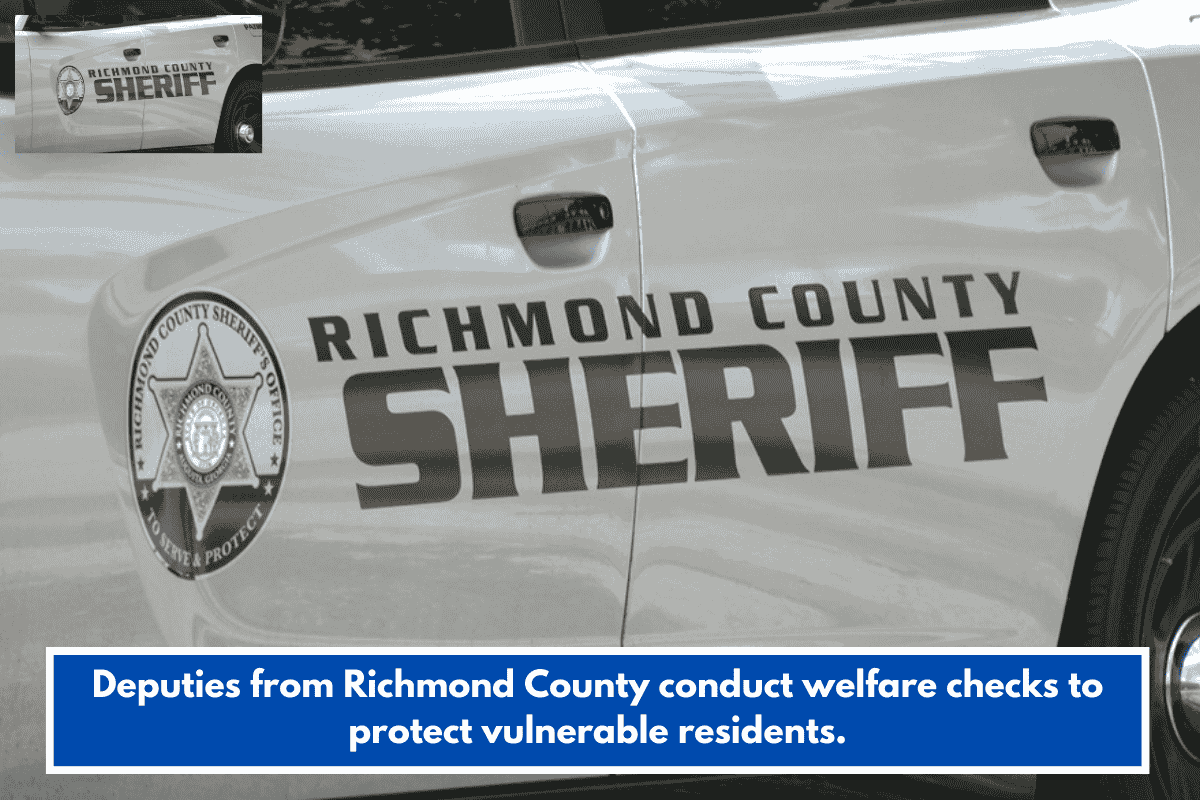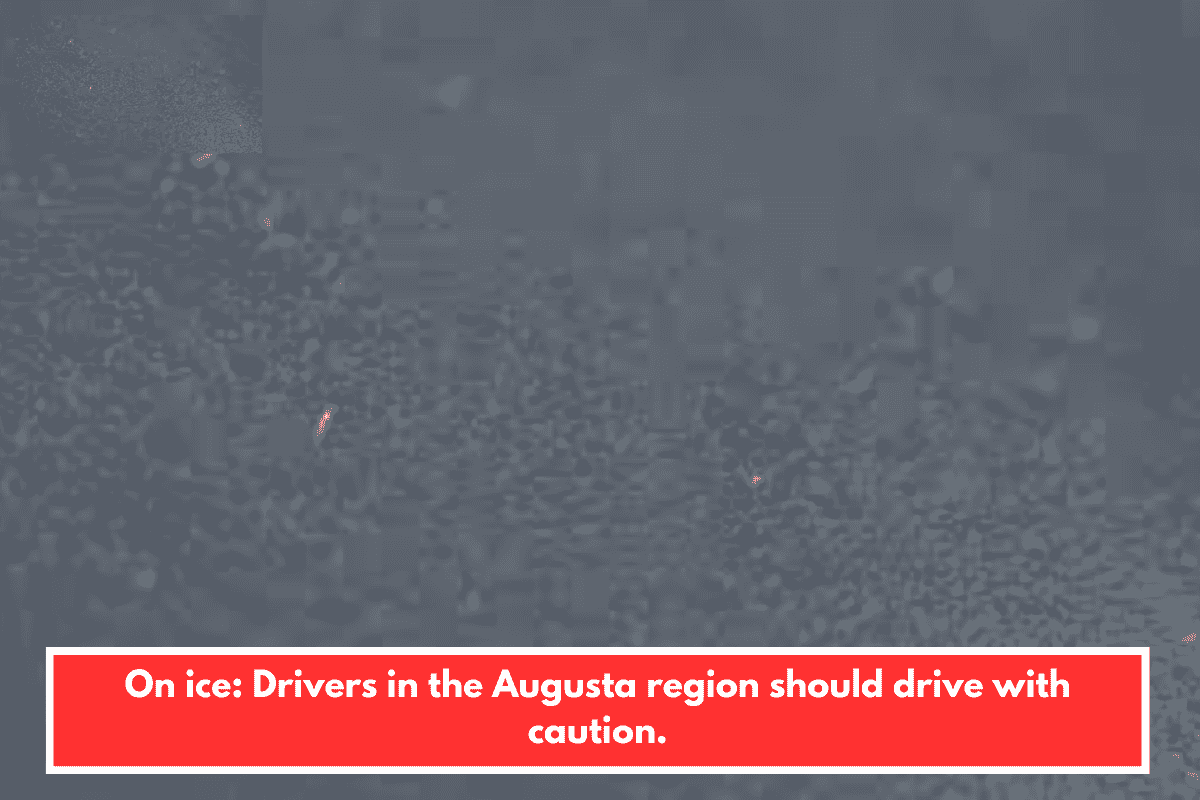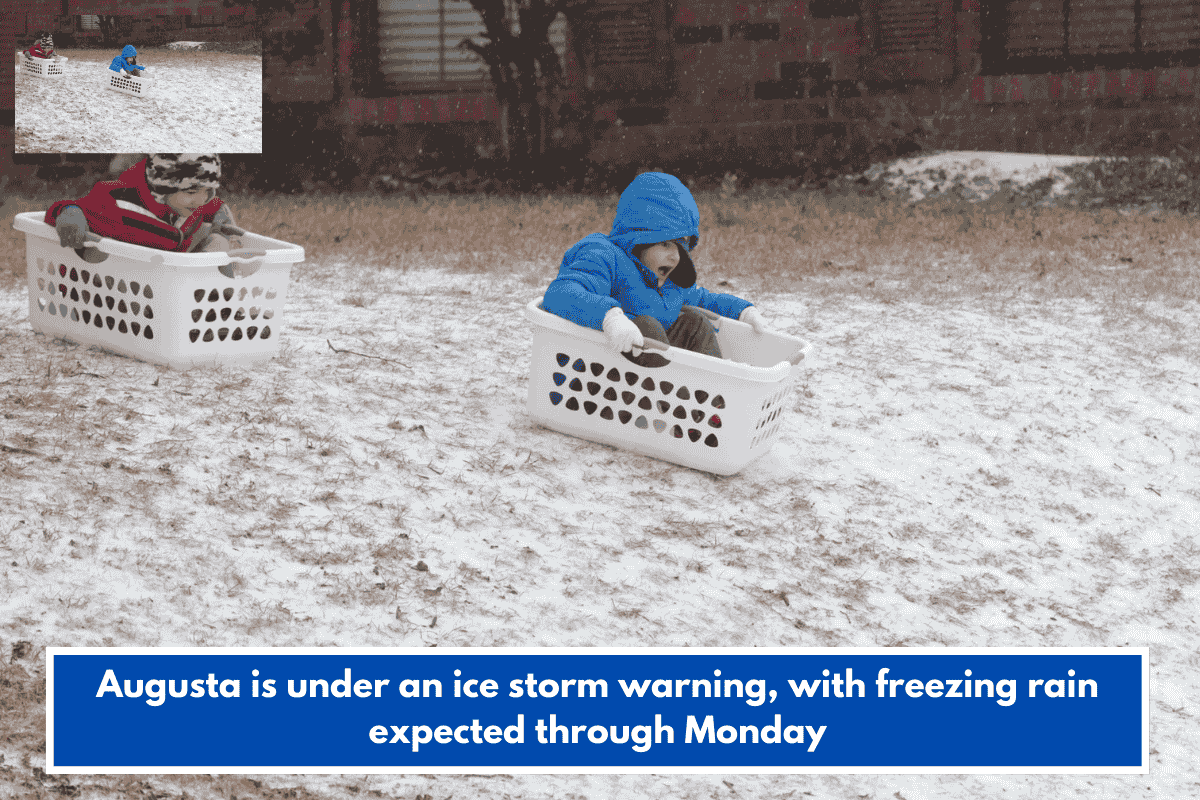Dash cams, or dashboard cameras, have become an essential tool for many drivers, offering a way to record and document driving conditions, accidents, and interactions with law enforcement. They provide valuable evidence in case of a dispute or legal matter. However, before installing a dash cam in your vehicle, it’s important to understand the regulations surrounding them, particularly in Rhode Island. Here’s what you need to know about dash cam use in the Ocean State.
Are Dash Cams Legal in Rhode Island?
Yes, dash cams are legal in Rhode Island. There are no state laws prohibiting the use of dash cameras in private vehicles. Like in many other states, Rhode Island allows drivers to install dash cams in their vehicles for recording purposes. However, while they are legal, there are specific guidelines regarding where and how these devices can be used to avoid potential legal issues.
Placement and Obstruction of View
One of the main concerns when installing a dash cam is ensuring that it does not obstruct the driver’s view of the road. According to Rhode Island law, no object, including a dash cam, should block the driver’s clear view of the road, especially through the windshield.
To comply with the law, dash cams should be mounted in a way that does not interfere with the driver’s ability to see out of the windshield or side windows. The device should be placed in a manner that minimizes obstruction and does not impair visibility. Typically, the best places to mount a dash cam are on the windshield behind the rearview mirror or near the top of the dashboard.
Recording Audio in Rhode Island
In Rhode Island, it’s important to be aware of the state’s laws regarding audio recording. Rhode Island is a “one-party consent” state for audio recordings, which means that only one person involved in the conversation needs to consent to the recording for it to be legal.
However, this law primarily applies to conversations that take place in private settings or personal interactions. If you are recording audio in a public place or within the confines of your car, as long as you are part of the conversation or the conversation is not private, it is generally acceptable. That said, it’s advisable to avoid recording conversations without the consent of all parties involved if you are unsure of the legal implications.
Dash Cams and Privacy Laws
While dash cams are generally legal in Rhode Island, it’s essential to be mindful of privacy concerns. Dash cams can capture video footage of public spaces, including private property, pedestrians, or other drivers. However, privacy laws come into play when the camera records activities that might infringe on someone’s reasonable expectation of privacy.
If your dash cam is recording footage from private property or individuals in situations where they have an expectation of privacy (for example, inside a private residence or in a situation where the person expects not to be filmed), you could face legal issues. It is important to ensure that the dash cam is focused on public areas like the road and not on private spaces where individuals might expect privacy.
Using Dash Cam Footage in Legal Matters
Dash cam footage can be a valuable tool in the event of an accident or legal dispute. In Rhode Island, like in most states, dash cam footage can be used as evidence in court. It may help to clarify the circumstances of a traffic accident, prove innocence in a traffic violation case, or provide evidence of events leading up to a legal issue.
However, while dash cam footage is admissible in court, it must meet certain standards. For example, the video footage must be authentic, and the chain of custody must be maintained if the footage is to be used as evidence. This means that if you plan to use dash cam footage in a legal matter, you should ensure the footage is properly saved, stored, and backed up.
Dash Cams and Law Enforcement Interactions
If you’re recording law enforcement officers during a traffic stop or interaction, it’s important to understand your rights and the rights of the police officer. In Rhode Island, you are allowed to record police officers in public spaces as long as you are not obstructing their work or causing a disruption.
While it is legal to record police officers in Rhode Island, it is important to be respectful and comply with any orders or requests from law enforcement during the interaction. Do not let the act of recording interfere with the officer’s duties, as doing so could lead to charges of obstruction or interference with an investigation.
Dash cams are legal in Rhode Island and can be an invaluable tool for drivers looking to document road conditions, accidents, or interactions with law enforcement. However, it’s important to follow state regulations regarding the placement of the device, audio recording, and privacy concerns to avoid any legal issues. Always ensure that your dash cam does not obstruct your view while driving and be mindful of the potential legal implications of recording conversations or private activities. With proper care, a dash cam can provide peace of mind and serve as an effective tool for drivers in Rhode Island.
SOURCES
[1] https://mywaynecountynow.com/understanding-dash-cam-regulations-in-rhode-island/
[2] https://matrackinc.com/dash-cam-laws-by-states/
[3] https://www.ddpai.com/blog/dash-cam-laws/
[4] https://www.expertmarket.com/dash-cams/dash-cam-laws-by-state
[5] https://facit.ai/insights/dash-cam-laws-by-state

